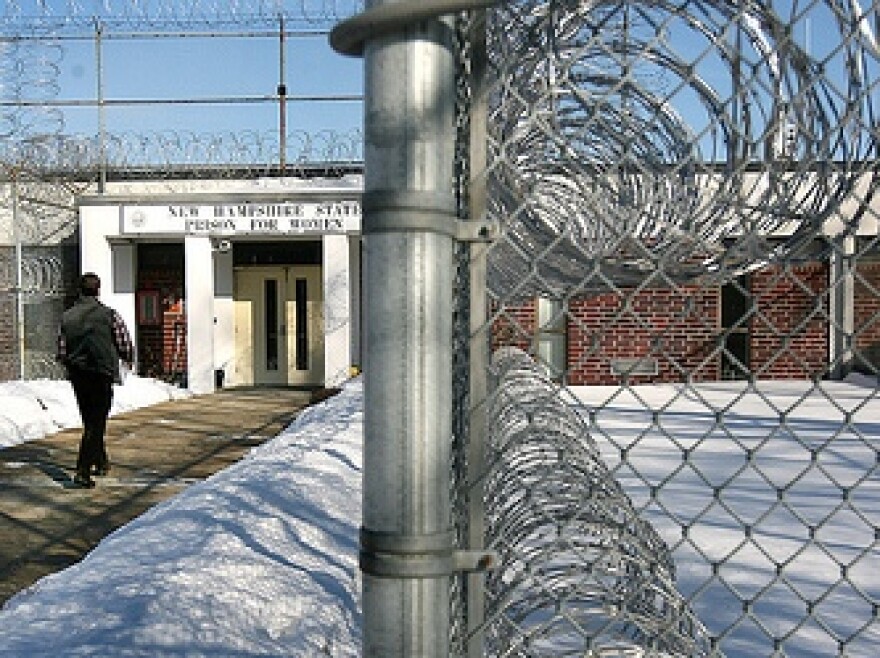The New Hampshire Department of Corrections says that in order to comply with Gov. Chris Sununu's proposed budget, it would have to cut rehabilitative and educational programs that serve hundreds of inmates every year.
In a presentation to lawmakers this week, DOC Commissioner Helen Hanks said the state is looking at closing the Shea Farm Transitional Housing Unit for women in Concord and the Calumet Transitional Housing Unit for men in Manchester. These halfway houses currently serve around fifty inmates who typically are working in the community and awaiting parole hearings.
The closures would require major shifts at the Concord Transitional Work Center, a minimum security unit at the N.H. State Prison for Men. According to Hanks, 75 inmates would be moved back into higher security units at the prison in order to make room for those formerly at the halfway houses.
The proposed budget would also shutter the department’s Granite State High School and eliminate dozens of teachers who work with inmates at the Berlin and Concord prisons. According to the DOC, inmates have completed over 4,000 vocational and general education classes through the program in the past two years.
“This effectively assassinates any hopes of successful re-entry for anyone incarcerated at the DOC,” says Joseph Lascaze, an organizer with the ACLU-NH. Lascaze was formerly incarcerated at the N.H. State Prison for Men and credits his teachers there for helping him gain skills necessary for life on the outside.
"Out of everyone that I know, every person who has been successfully rehabilitated has participated in education at the DOC,” he says.
A spokesman for the governor's office says the budget is informed by recommendations from the DOC. Under the proposed budget, total operational costs would rise slightly, mostly because of increased personnel costs.
About 75 percent of DOC expenditures would go to salaries, benefits, and overtime. This percent of total costs is slightly above the national average, according to an analysis by the Vera Institute, a national criminal justice reform group.
The tug of war between inmate programming and ballooning personnel costs is a chronic issue during state budget season, and the proposed budget is far from finalized. Lawmakers will hear public testimony on the proposed cuts in March, prior to sending a budget to the Senate in April.








